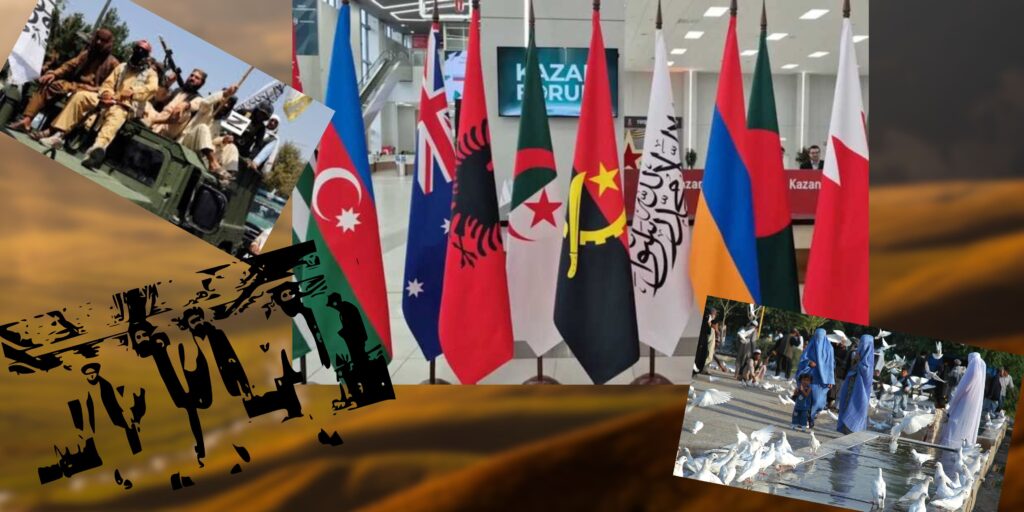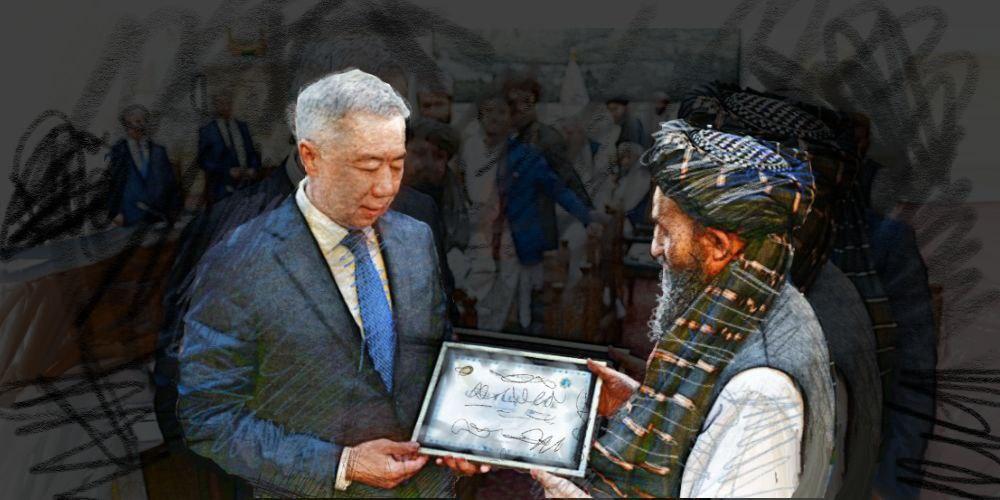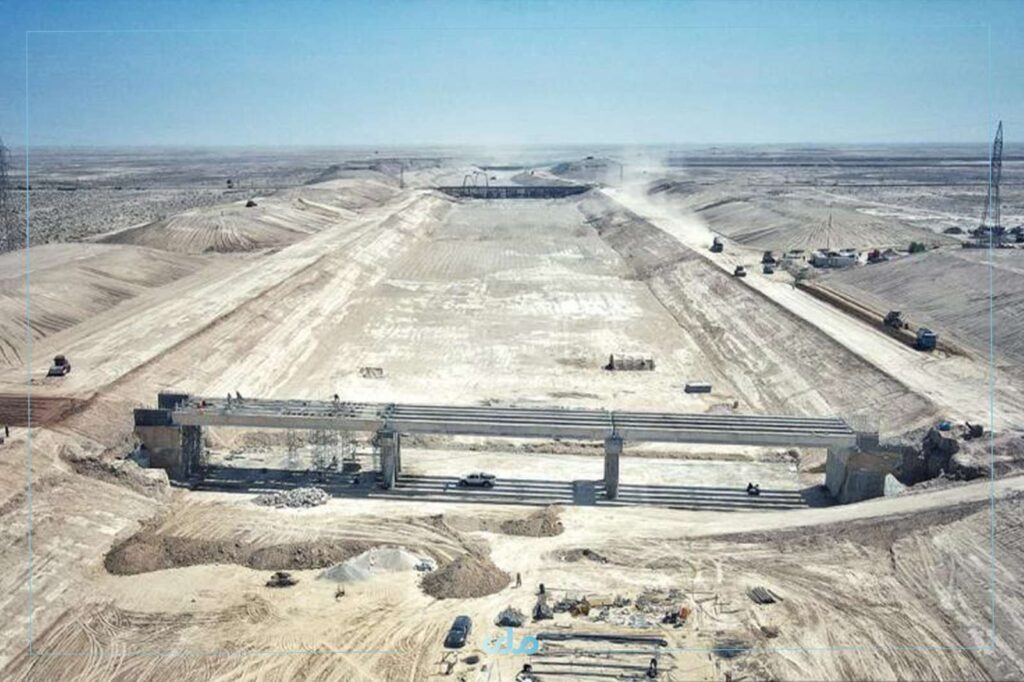Recognition of the Islamic Emirate of Afghanistan: Between Law, Diplomacy, and Pragmatism
After the Taliban returned to power in August 2021, the question of recognizing the new Afghan regime became one of the key issues in regional and global politics. Although no country has granted de jure recognition to the Islamic Emirate of Afghanistan (IEA), international engagement with the de facto authorities is becoming increasingly institutionalized. This article attempts to systematize and provisionally classify countries based on their stance toward the IEA. This is not a formal legal typology but rather an analytical tool meant to identify "stable patterns of behavior" in the context of interactions with the de facto authorities in Kabul. This approach does not aim for exhaustive academic precision but provides a basis for further discussion and analysis. To begin, we must clarify some basic principles, first and foremost, the institution of recognition. In international legal doctrine, the recognition of a new state or government is a unilateral act by a state and does not require the approval of international organizations. The UN, including the Security Council, does not formally conduct acts of recognition, but its approval is required for admitting authorities to the UN General Assembly, which constitutes formal recognition of international legitimacy and a willingness by the global community to work with them. The key mechanism here is the UN Credentials Committee. This is a special committee of the UN General Assembly consisting of nine member states, which change on a rotating basis. It annually reviews the lists of delegations accredited to participate in UN General Assembly sessions. Between 2021 and 2024, the committee decided to reject the recognition of seats for the Taliban government. In effect, this constitutes a denial of international recognition at the UN level. While the decision of the Credentials Committee has no formal legal significance as an act of recognition or non-recognition, politically it sends a strong signal to other states: the UN still does not regard the IEA as the legitimate government of Afghanistan. In other words, the Credentials Committee acts as a kind of beacon: until it is "lit," a wave of de jure recognition from other states is highly unlikely. Many countries, especially those following a policy of collective decision-making, will take their cue from the UN. For now, the signal remains unchanged: the international community maintains a cautious distance from legitimizing the Taliban regime. As is well known, there are two types of recognition: de jure recognition, which is complete and official and involves the establishment of diplomatic relations, and de facto recognition, which is limited and does not imply full legitimization of the regime. Removing the Taliban from national terrorist lists (as Kazakhstan and Russia have done) does not constitute legal recognition, even though some may portray it as such. The UN itself uses the term "de facto authorities" to describe the Taliban. At the same time, the UN Security Council sanctions regime on Afghanistan (under Resolution 2255) provides for the application of sanctions on an individual basis, without qualifying the regime as a terrorist regime. The...






